Unflinching and well-informed Ana DuVernay’s documentary charts the meteoric rise of criminals incarcerated in the US and links it to the end of slavery. It looks back at the historical 13th Amendment, which on paper abolished slavery but in-fact, turned it into a lucrative legal business.
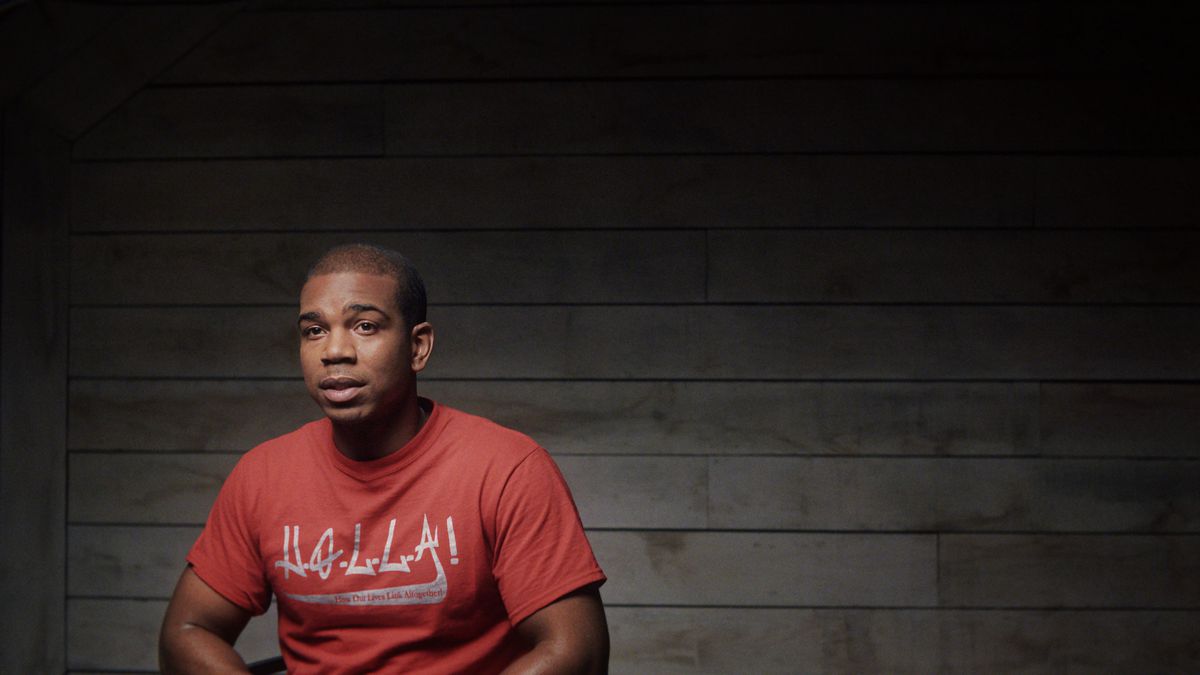
From the end of the Civil War to the Jim Crow laws, from Reagan’s war on drugs to Clinton’s three-strikes policy to Trump’s Presidency, 13th looks back at how the situation in America deteriorated.
With well-documented instances of police brutality and discrimination by the cops and politicians towards African-Americans, 13th asks whether they have ever been free in America.
1. Quick Review
13th was the first documentary in history to open the New York Film Festival in 2016. DuVernay doesn’t let either political party off the hook creating a well-documented timeline which highlights how racist and capitalist systems have exploited off black labor for decades.
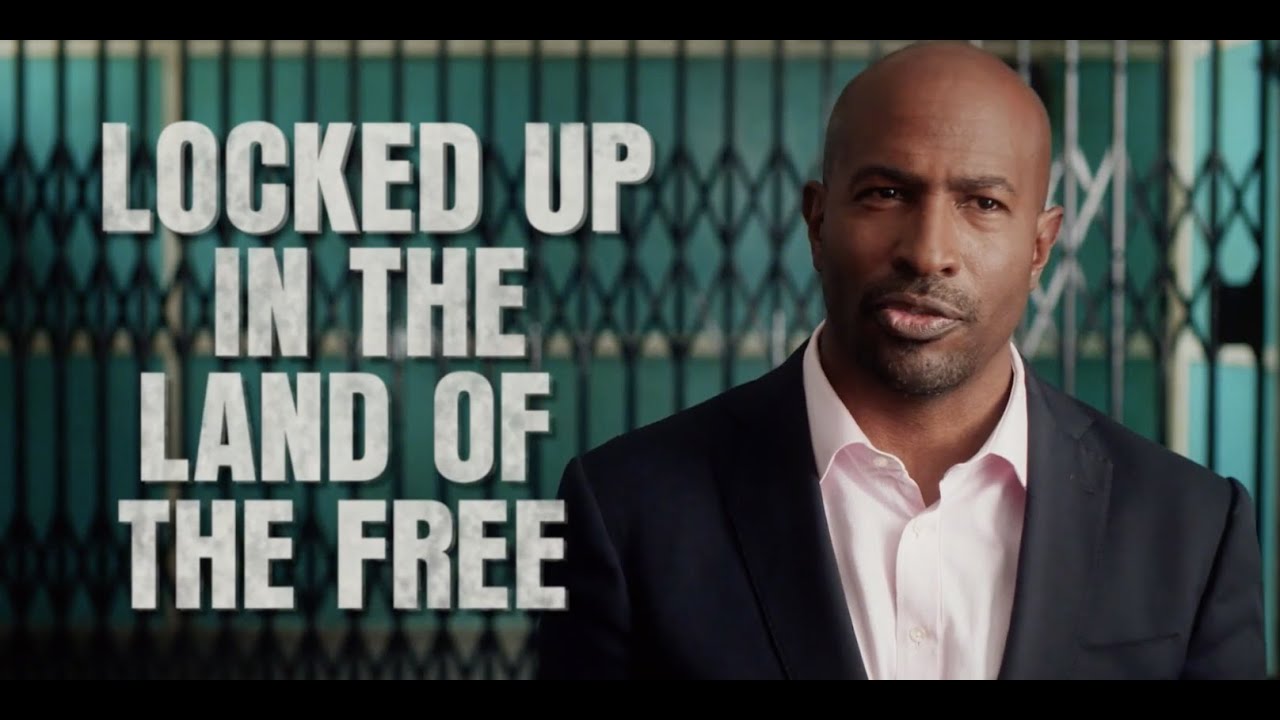
During a decisive time for America, which witnessed protests in all 50 states against the unjust and brutal killing of George Floyd, 13th offers an insight into how the situation became the way it is. Filled with shocking visuals and data, it will leave you both outraged and informed.
2. Is It Worth Watching?
This documentary delves into American history and gives you a perspective not taught in schools. Ana argues that America never managed to abolish slavery. Instead, it transformed it into a system that legally manages to profit from the suppression of African Americans.
I. The Historical Context
The 13th Amendment to the United States Constitution states that “Neither slavery nor involuntary servitude, except as a punishment for crime whereof the party shall have been duly convicted, shall exist within the United States, or any place subject to their jurisdiction.
When lawmakers ratified the Constitution in 1865, they left a significant loophole due to which slavery became a legal punishment for crimes. 13th documents how whites in Southern America were strapped for cash after slavery was abolished and made minor offenses such as loitering criminals. When Black people couldn’t pay the fines, they were imprisoned and sent to work in labor camps.
Since that time, policies such as Jim Crow’s laws, Nixon’s Law & Order campaign, Reagan’s War on Drugs, and Clinton’s three-strikes rule have all contributed to the systematic oppression of the Black Community.
Criminalizing various offenses and introducing mandatory sentencing, prisons in America became a for-profit endeavor. This generated the narrative that the Black Man is synonymous with a Criminal and the police, which was praised for its heavy handiness and was mostly unchecked engaged in brutality.
II. The Prison System
13th starts with the shocking statistic that the US only has 5% of the global population but accounts for 25% of the world’s criminals. The film connects the grim pieces forming a shocking and outrageous chain that highlights the racial discrimination in the penal system.
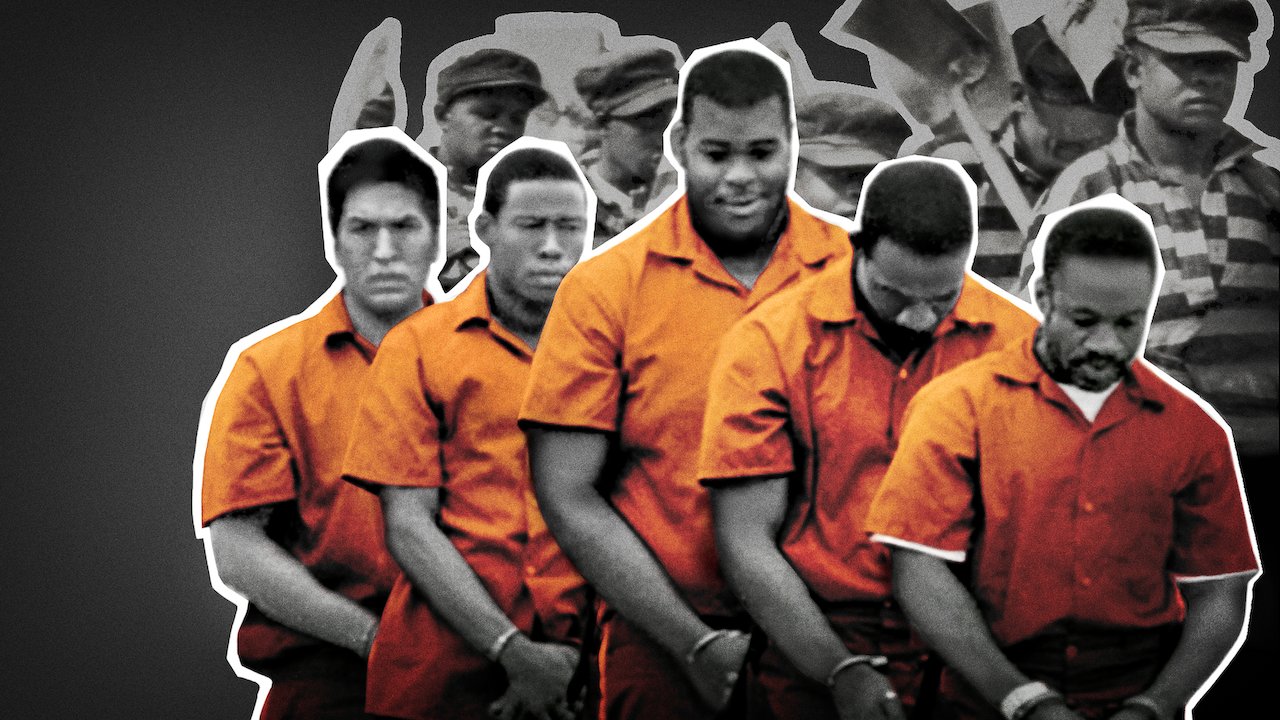
The racist incarceration on minor misdemeanors since the end of the Civil War has contributed to the narrative of the ‘Black Criminal.’ Interspersing news clips and interviews from politicians of both sides, DeVernay showcases how Slavery never ended but morphed. Hollywood films like ‘The Birth Of A Nation,’ which cast the Black male as a criminal, have only contributed to the narrative.
The economic industry that prisons have become, which require them to keep a certain number of criminals inside to produce a nice dividend for the shareholders, is also a cause for mass incarceration in the US.
III. Visuals & Music
There are multiple shocking statistics and numbers that are flashed on the screen. The use of the word Criminal by the news is highlighted as it is flashed across the screen every time it is used in a clipping. The film keeps flashing a rising graph, which shows the number of people incarcerated in America. The fact that the number goes up during the Civil Rights Movement or when the policies mentioned are implemented highlights the inherent racist nature of the Penal System.
There are many interviews with prominent Liberals and Conservatives with piercing words that drive the point across. The prominent score, while adding to the grim narrative, often distracts from the visuals on-screen and could have been tempered down.
During the end moments, the film turns especially grim speeding through the montages of the deaths of Tamir Rice, Eric Garner, and others. By the time a huge screen of names of Black people wrongfully shot by the police comes up, you will be truly shaken.
3. Final Thoughts
13th answers all the questions that may arise while watching the news and visuals of protests coming out from across the world. How did this happen? Who is responsible? What can we change? All of these questions are answered by the documentary. This is also why it has been made free to view on YouTube.
()
You should watch it to understand the systematic oppression that Black Americans have undergone. The seeds which spawned police brutality and an unjust Justice System and have culminated in the George Floyd protests are examined here. 13th will give you a better understanding of the racial inequality persistent in America.
4. Grade
5. Info
, rgba(0,0,0,0.4)), url('https://www.epicdope.com/wp-content/uploads/2020/06/The-13th.png'))
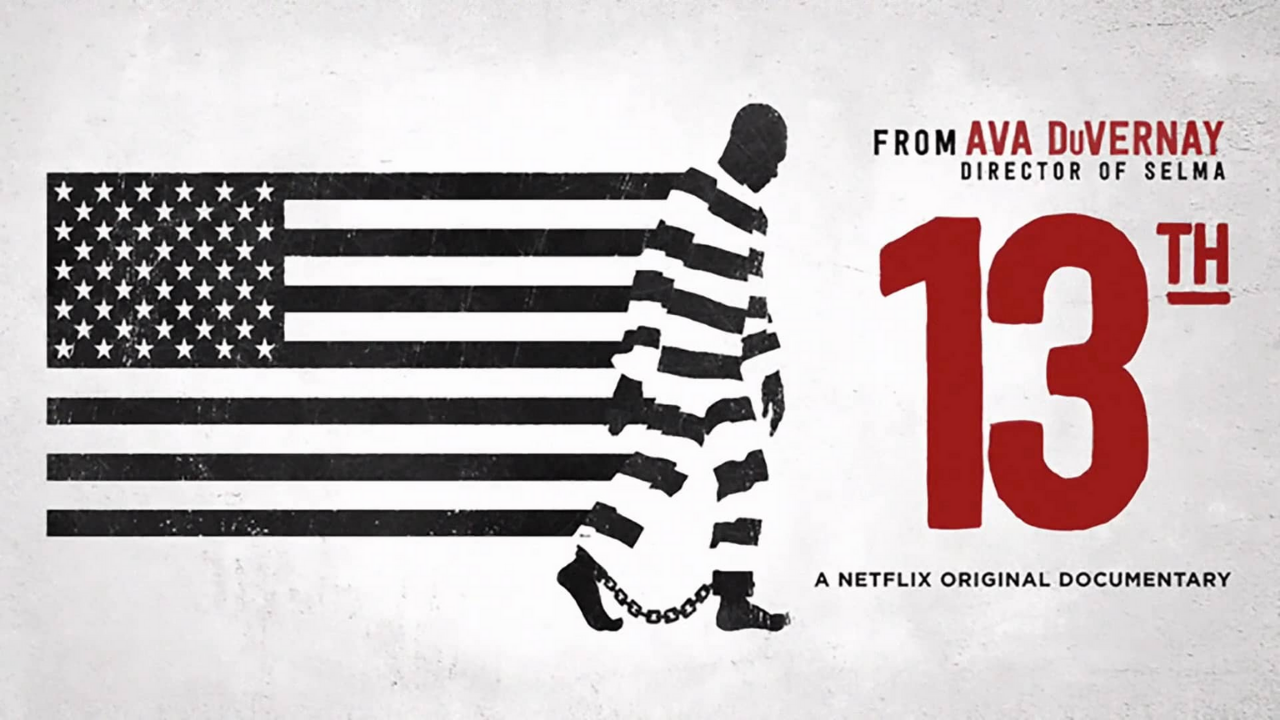


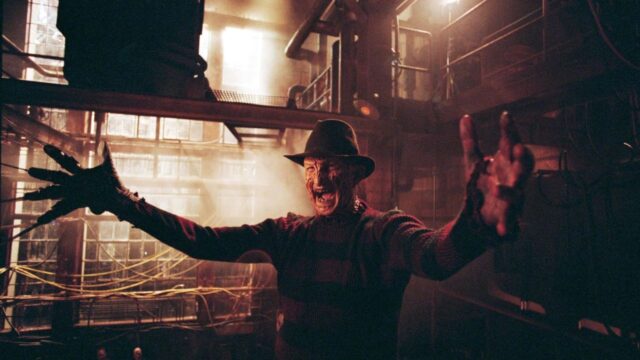

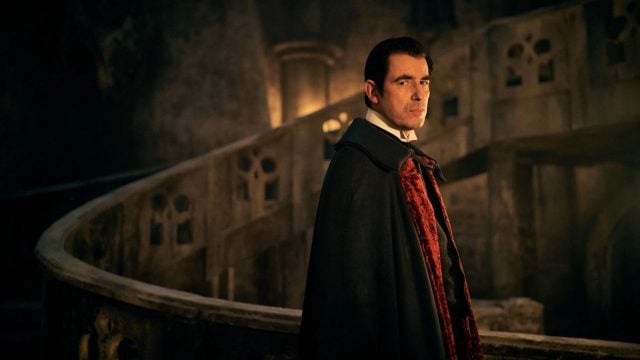



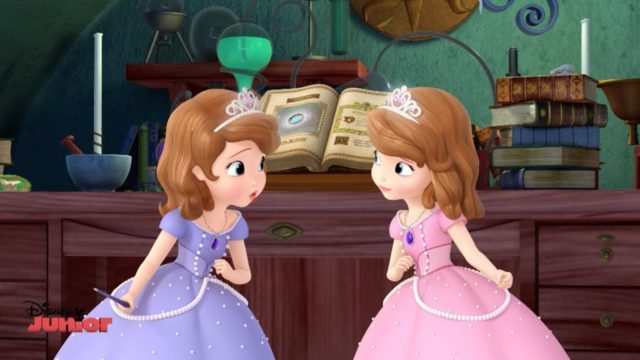
No Comments on Is 13th Worth Your Time? A Complete Review